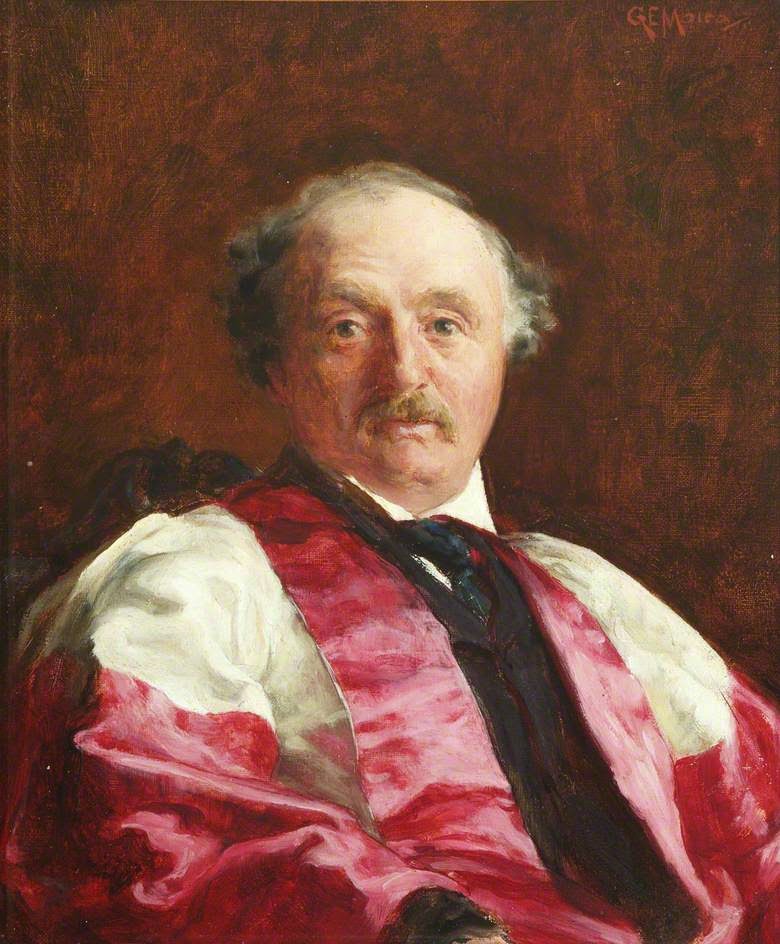Vocal Music
- God So Loved the World – John Stainer (1840-1901)
Instrumental Music
- Jesus, meine Zuversicht – Gerald Near (b. 1942)
- Suite for Organ: III. Aria – Philip E. Baker (b. 1934)
- Aus Tiefer Not – Gerald Near
Congregational Music (all hymns from The Hymnal 1982 with the exception of those marked “R” which are from Renew.)
- Hymn 401 The God of Abraham praise (LEONI)
- Hymn R 132 As Moses raised the serpent up (THE GIFT OF LOVE)
- Hymn 143 The glory of these forty days (ERHALT UNS, HERR)
- Hymn 691 My faith looks up to thee (OLIVET)
- Hymn R231 How blessed are you (Taizé)
- Hymn 473 Lift high the cross (CRUCIFER)
- Psalm 121 – tone IIa
God So Loved the World
The Gospel reading this week is one of the most familiar pieces of scripture in the world. It sums up the Gospel message - "For God so loved the world, that he gave his only begotten son, that whoso believes in him should not perish, but have everlasting life." I felt called to once again use the familiar anthem by John Stainer, from his famous oratorio, The Crucifixion, as our offertory anthem today. Stainer had been the organist-choir master at St. Paul's, London in the late 1800s and wrote a large amount of organ and choral music, as well as a popular treatise on organ playing.
The Crucifixion: A Meditation on the Sacred Passion of the Holy Redeemer. The work is dedicated "to my pupil and friend W. Hodge and the choir of Marylebone Church", who first performed it on 24 February 1887, the day after Ash Wednesday. There have been performances in Marylebone Church annually since then, and has been recorded several times.
Despite the popularity of God So Loved the World, critical opinion of the entire oratorio has not been kind. The composer Ernest Walker dismissed the work, writing in 1924 that "Musicians today have no use for The Crucifixion". Edmund Fellowes said: "It suffers primarily from the extreme poverty, not to say triviality, of the musical ideas dealing with a subject which should make the highest demand for dignity of treatment". Kenneth Long said that Stainer had a libretto "which for sheer banality and naïveté would be hard to beat". Stainer himself characterized his work as "rubbish."
Gerald Near
The first is the communion hymn, Let thy blood in mercy poured, found at hymn 313. The closing voluntary is a setting of the hymn 151, From deepest woe I cry to thee. Both tunes are German Chorale tunes. Both settings feature the melody played in the left hand using the trumpet stop, while the right hand and feet use fragments of the melody to provide the accompaniment. Of the two tunes, AUS TIEFER NOT is the most famous. Both the text and tune were written by Martin Luther in 1524 as a paraphrase of Psalm 130. Since then, the tune has been used by many musicians, most notably J. S. Bach, Felix Mendelssohn, and Max Reger. Georg Friedrich Handel quoted the characteristic intervals from the beginning of the chorale's tune several times at the end of the last aria of his oratorio Messiah, If God be for us, leading into the final chorus Worthy is the Lamb
Aria
The communion voluntary is by Philip Baker, organist and composer who was director of music at Highland Park United Methodist Church in Dallas for many years, including those I spent at Southern Methodist University working on my masters. His Suite for Organ was published just before I moved to Dallas, and it includes one of the loveliest melodies of all time, and one of my personal favorite organ pieces to play, Aria.
Since retiring from active music making, he and his wife Tissa have moved to Houston.






